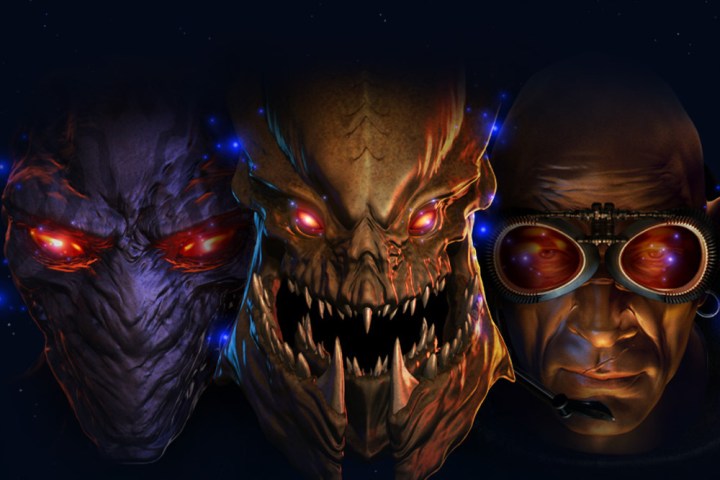
Sejong University in South Korea played host to the exhibition, where Song Byung-gu managed to defeat four different bots in just under half an hour, according to a report from Hexus. The longest game lasted ten and a half minutes, while the shortest came to an end in less than five.
One bot, known as CherryPi, was developed by Facebook’s A.I. research lab, while the others came from teams in Australia, Norway, and Korea. Deepmind, the Google subsidiary responsible for the much-publicized AlphaGo project, did not take part, even though it recently collaborated with Blizzard to release AI research tools for Starcraft II.
Games like Go have a finite number of possible moves, and a playing field that’s relatively easy for an A.I. to analyze. By comparison, Starcraft offers up a great deal more complexity – and that’s what makes it such an appealing task for A.I. researchers. Now that the likes of Go have been comprehensively cracked, it’s time to take on new challenges.
The bots that competed against Song were capable of carrying out as many as 19,000 actions per minute, while even the best players can only manage a few hundred. However, there isn’t as much training data available for the A.I.s to learn from, which is being cited as the reason that they’re so far behind their human opponents.
Several professional Starcraft players have indicated that they would put their reputation on the line in a televised event, along the lines of the AlphaGo series of matches that featured professional Go player Lee Sedol.
“We professional gamers initiate combat only when we stand a chance of victory with our army and unit-control skills,” Song told the MIT Technology Review when asked about the difference between human players and A.I. He went on to praise his synthetic opponent’s defensive unit management as “stunning.”


